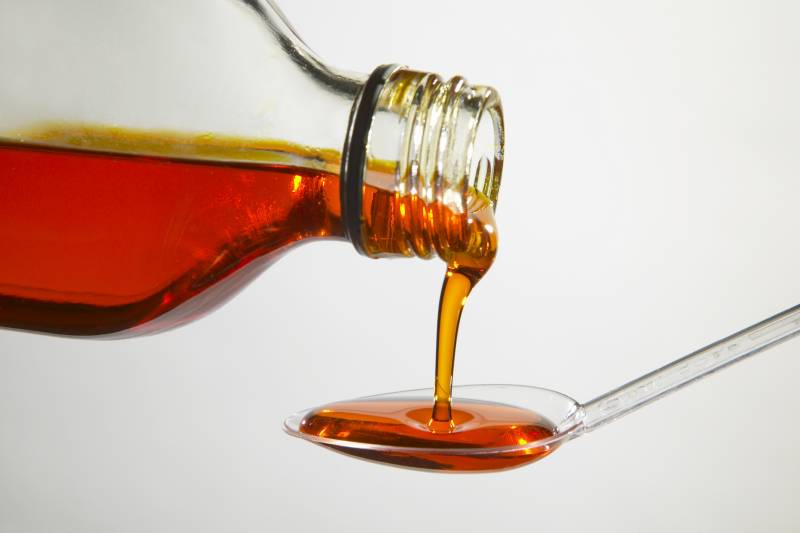Krogan said he, himself, if he had COVID-19, would “think twice about using some of these cough syrups until more information was available to us.”
Later, Krogan softened that advice in an interview with NBC’s Today show. “This is information we wanted to responsibly report but tempered with a strong caveat that these results were seen in the lab (and) more tests are needed, especially in humans, before any definite conclusions are drawn.”
Alexander Borowsky, a medical doctor and a professor at UC Davis’ Center for Immunology and Infectious Diseases, cautions about reading too much into the findings about dextromethorphan, which were conducted in a lab on animal cells and not as part of a clinical trial. Borowsky said it’s “possible” that within the constraints of the study, the drug “is contributing to a little more viral infectivity, but it’s impossible to know from these data whether that changes the ability of the virus to get into the cells or the ability of the virus to replicate copies of its number in a cell.”
“Sorting all that out, obviously, would be important,” he said. “But I just cannot imagine that this has a real impact on patients taking Robitussin.”
The Consumer Healthcare Products Association, an industry group representing makers of over-the-counter medications, said in a statement: “It’s important to point out that these preliminary study results demonstrating a pro-viral effect of dextromethorphan are not conclusive. The authors only examined three samples and note further study is required on dextromethorphan in the context of COVID-19.”
Promising Drugs Found
The UCSF study, which included 120 scientists from around the world, primarily examined the impact of 47 over-the-counter and prescription drugs on SARS-CoV-2. In the coming weeks, the scientists plan to examine another 28 drugs, or 75 total. Results of the study were published today in the journal Nature.
The team found several drugs already approved by the FDA and other drug compounds that could pave the way for improved treatment of COVID-19. You can read more about the study and which drugs showed promise in the San Francisco Chronicle.
The new findings come on the heels of another promising study by federal scientists into Gilead’s drug remdesivir, which found the median recovery time for patients sick with COVID-19 who took the antiviral medication was 4 days faster compared to those who received a placebo.
“Some of our drugs and compounds are many times more potent than remdesivir, at least in the laboratory setting,” Krogan said. “So we’re very excited not just to look at these drugs and compounds in isolation, but in combination with other drugs like remdesivir.”
This post has been edited to add the statements by the industry group and outside researcher.

